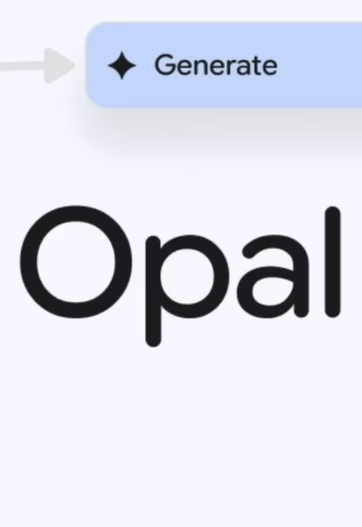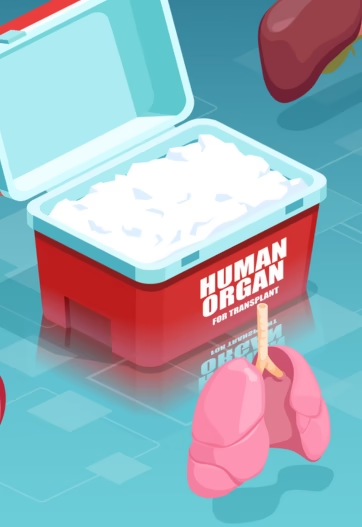FODMAPs and Gut Health: Should You Stop Eating FODMAPs?

FODMAPs and gut health are closely connected. For some individuals, specific sugar-like molecules found in common foods such as milk, wheat, rye, onions, apples, and artificial sweeteners can cause bloating, gas, and digestive discomfort. These molecules are collectively known as FODMAPs (Fermentable Oligosaccharides, Disaccharides, Monosaccharides, and Polyols). While these foods are generally harmless for most people, they can cause significant issues for those with sensitive digestive systems, especially for individuals who have Irritable Bowel Syndrome (IBS).
https://whatshappening.pk/china-responds-to-us-tariffs-amid-global-market-losses/
Common High-FODMAP Foods and Their Effects on Gut Health
When considering FODMAPs and gut health, it is crucial to identify common high-FODMAP foods. Certain foods are particularly high in FODMAPs, meaning they contain these fermentable sugars that can trigger digestive issues. Some of the most common high-FODMAP foods include:
- Dairy: Milk, soft cheeses, yogurt, and ice cream (due to lactose)
- Grains: Wheat, rye, and barley (found in bread, pasta, and cereals)
- Fruits: Apples, pears, cherries, watermelon, and mangoes
- Vegetables: Onions, garlic, cauliflower, mushrooms, and asparagus
- Legumes: Lentils, chickpeas, kidney beans, and black beans
- Sweeteners & Drinks: High-fructose corn syrup, honey, agave syrup, diet sodas, and artificial sweeteners like sorbitol and mannitol
What is IBS and Its Connection with FODMAPs and Gut Health?
FODMAPs and gut health play a vital role in managing Irritable Bowel Syndrome (IBS). IBS is a common digestive disorder that affects millions worldwide. It causes bloating, stomach pain, gas, diarrhea, constipation, or a combination of both. While the exact cause of IBS is unknown, it is clear that certain foods, particularly high-FODMAP foods, can exacerbate symptoms in many people with IBS.
How FODMAPs Affect Gut Health in IBS Sufferers
FODMAPs are not inherently bad. In fact, they ferment in the gut, which is beneficial for gut bacteria. However, for people with IBS or sensitive digestion, these sugars can lead to uncomfortable symptoms like bloating, cramps, and irregular bowel movements. Studies show that individuals with IBS who follow a low-FODMAP diet experience fewer digestive issues, reduced anxiety, and overall improvement in well-being.
The Two-Phase Low-FODMAP Diet: A Guide for Better Gut Health
When dealing with FODMAPs and gut health, a two-phase low-FODMAP diet can help reduce symptoms of IBS.
- Phase 1: Elimination (2-4 Weeks) During the elimination phase, high-FODMAP foods are cut out of the diet, replaced by low-FODMAP alternatives. This is a temporary measure to assess whether symptoms improve.
- Low-FODMAP Alternatives Instead of high-FODMAP foods, individuals can choose scientifically supported low-FODMAP alternatives that are gentler on the digestive system. Some of the recommended substitutes include:dairy,fruits,grains,vegetables.
- Phase 2: Reintroduction & Personalization After the elimination phase, individuals should gradually reintroduce high-FODMAP foods one at a time, tracking which foods trigger symptoms. This method allows individuals to identify personal triggers instead of avoiding all FODMAPs indefinitely.
Should You Stop Eating FODMAPs for IBS? Pros and Cons
FODMAPs and gut health should always be considered in the context of individual needs. While a low-FODMAP diet is highly beneficial for individuals with IBS-D (diarrhea-predominant) or IBS-M (mixed type), it is not recommended for people without digestive issues. Long-term FODMAP restriction can lower healthy gut bacteria, leading to potential malnutrition or disordered eating. Additionally, individuals with IBS-C (constipation-predominant) should consult a dietitian before starting a low-FODMAP diet, as it can reduce fiber intake.
Challenges in Managing FODMAPs and Gut Health
Managing FODMAPs and gut health comes with challenges, including eating out and meal prepping. FODMAPs are hidden in many foods, so using apps or guides to check ingredients can help. Nutrient deficiencies are also a concern; therefore, it’s important to work with a dietitian to ensure balanced nutrition. After completing the diet, it’s essential to focus on restoring gut health by consuming fiber, probiotics, and a variety of foods.
Final Verdict: Should You Stop Eating FODMAPs?
In conclusion, while a short-term low-FODMAP diet can help identify food triggers, it’s not necessary to completely eliminate FODMAPs from your diet for good. Long-term restriction could negatively affect your gut health. Always consult a dietitian before making drastic dietary changes to ensure that your diet remains balanced and supports your overall well-being.
STAY UPDATED WITH THE LATEST NEWS. FOLLOW US ON OUR SOCIAL MEDIA CHANNELS:
INSTAGRAM: https://www.instagram.com/whatshappening.pk








Israeli Airstrike on Medics: Video Captures Final Moments in Gaza - What's Happening.pk
06th Apr 2025[…] https://whatshappening.pk/fodmaps-and-gut-health-should-you-stop-eating-fodmaps/ […]
Donya Yorton
14th Apr 2025Someone necessarily lend a hand to make critically articles I might state. This is the very first time I frequented your website page and thus far? I amazed with the analysis you made to make this particular submit amazing. Wonderful task!